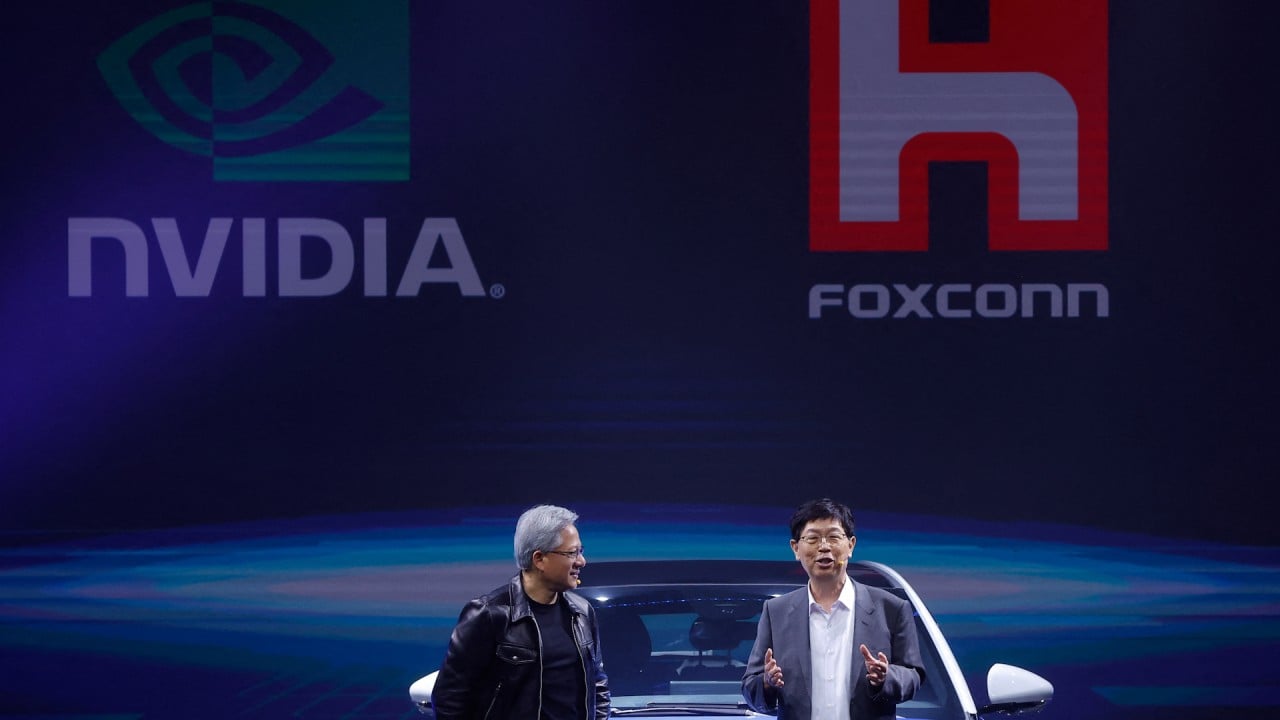According to speakers at a recent gathering of senior international officials in Singapore, things could get much worse before they get better – and even then it could be only after a conflagration or an economic slump. Hardly a comforting prospect.
The meeting, organised by the Peterson Institute for International Economics and the Lee Kuan Yew School of Public Policy, focused on “reconstructing ties in a fragmenting world”. Speakers included Zhang Xiangcheng, deputy director general of the World Trade Organization.
The world economic order may not yet have arrived at broad-based deglobalisation but it might split into different and perhaps opposing spheres of technological influence. This is where the real threat lies because it is technology, rather than trade, which is at the heart of US-China competition.
Chinese strategy vs US tactics. Guess who’s winning the tech war?
Chinese strategy vs US tactics. Guess who’s winning the tech war?
Appeals for internationalism or multilateralism may fall on deaf ears now even among economists and businessmen – and certainly among populist politicians. But the danger that technological competition could result in military intervention is a different matter entirely.
The debate on so-called deglobalisation should become much more focused than it has been up to now, so that the strategic implications can be separated out from more general issues such as trade imbalance, product competition, efficiency loss and employment impact.
For what we seem to be seeing now is not just trade protectionism or economic nationalism but rather a fundamental “power transition”, as professor Danny Quah, dean of the Lee Kuan Yew School of Public Policy, asserted. This could lead to a classic Thucydides trap, the tendency towards war when an emerging power threatens to displace an existing great power in a region or globally.
Yet, identifying the adversaries or combatants in this scenario is more complicated than simply pointing fingers at the US and China. Supply chains involving these two economies have lengthened – as Ravi Menon, managing director of the Monetary Authority of Singapore, noted – as they form production links with third countries.
The debate on deglobalisation has become much more complex than when Trump started putting up tariff barriers. And his proposal to introduce a 10 per cent tariff ring-fence on goods entering the US if he is returned to power next year has an almost childish simplicity.
In this challenging new world – to call it “brave” would be to use the wrong word – there seems little point in expecting a return to the status quo ante and to the “good old days” when (nearly) everyone believed in the principles of free trade, multilateralism and the supremacy of a World Trade Organization whose job was simply to reduce tariffs.
US, China playing dangerous game with economies’ inward turn
US, China playing dangerous game with economies’ inward turn
Supply chains are the new manifestation of multilateralism and to avoid (possibly deadly) national and international conflicts, an organisation like the WTO must be given powers to police development of these chains, in the global interest. As Singapore’s Minister for Trade and Industry Gan Kim Yong suggested at the conference, what is needed is a new architecture of international trade.
It is not just foreign trade that has been affected by changes in the world economic order. Foreign investment has taken a far harder knock than trade, especially where overseas investment in China is concerned.
In other words, Humpty Dumpty – if it personified the old post-war order of manufactured goods trade – was due, if not exactly for a fall, then at least for a repositioning and reorientation. But now that his fall has happened and he is in pieces, there is no point in seeking to put them together again.
Yet, unless those who gathered in Singapore recently seek strength in numbers and succeed in influencing the drift towards confrontation among great powers, what may emerge is a monster rather than a new model of cooperation.
Anthony Rowley is a veteran journalist specialising in Asian economic and financial affairs


